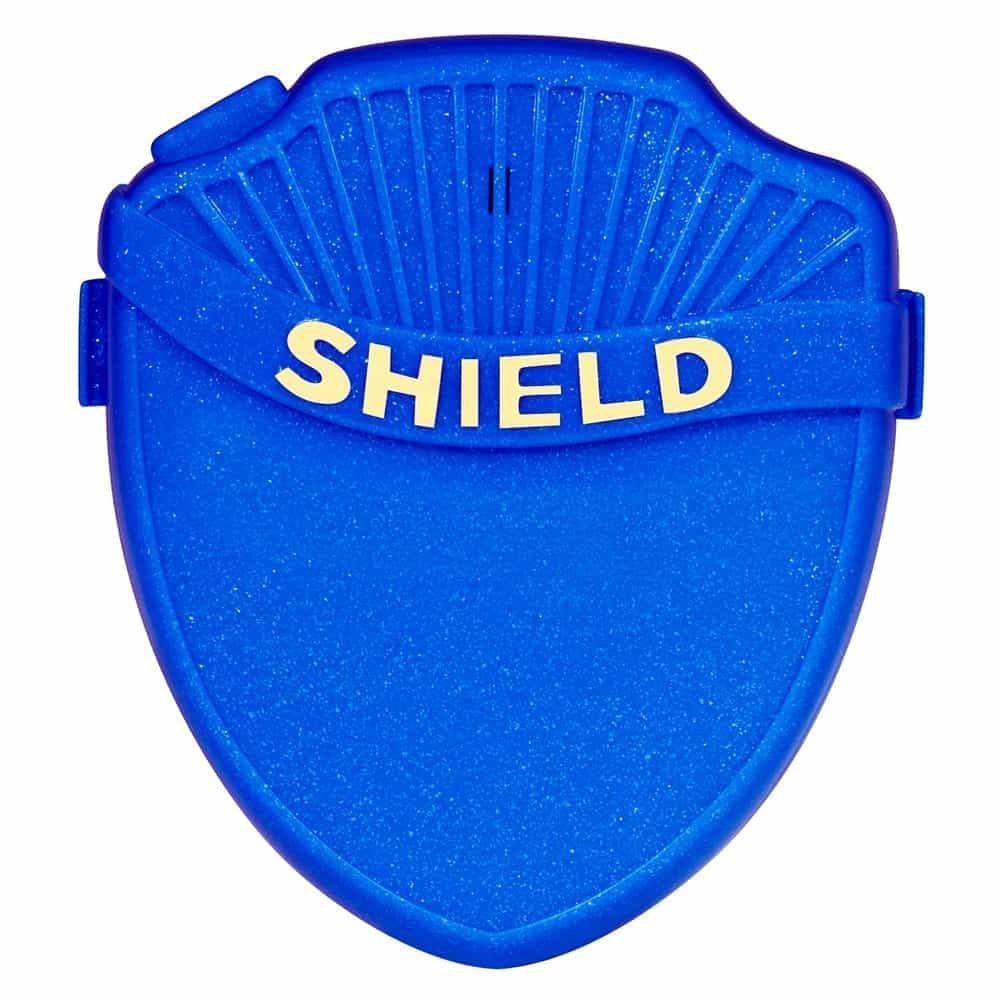Bed moistening in older children is a legitimate concern that parents need to have a full understanding of. Studies reveal that by age 10, 95% of children are able to remain dry through the night. For the 5% who still aren't, the cause is usually developmental instead of physical or emotional. While it might offer some comfort to understand that the problem ought to disappear on its own, life can be difficult for an older kid who still can not confidently stay dry throughout the night.
- Bedwetting alarm reviews
- Enuresis alarms
- Best Bedwetting alarms
- Stop Bedwetting
- Bedwetting solutions
- Adult Bed Wetting
Another treatment for bed wetting in older children would be through the prescribing of hormonal agents or drugs by a pediatrician. Although this might operate in repairing the existing condition, numerous parents are not ready to have their child taking a hormone or drug every day for a prolonged amount of time, as drugs have actually known adverse effects, and there are unknowns included.
Luckily there are safe effective options for treating bed wetting. Gain from the education of others who have actually gone through this scenario. Every kid is distinct, and a treatment that worked for another person won't always have the very same results for your situation.
Looking for a treatment for bed wetting in older children can be stressful and expensive. Luckily there is a solution that truly works. It is 100% guaranteed to manage your kid's bedwetting quickly and permanently.

Post a Comment